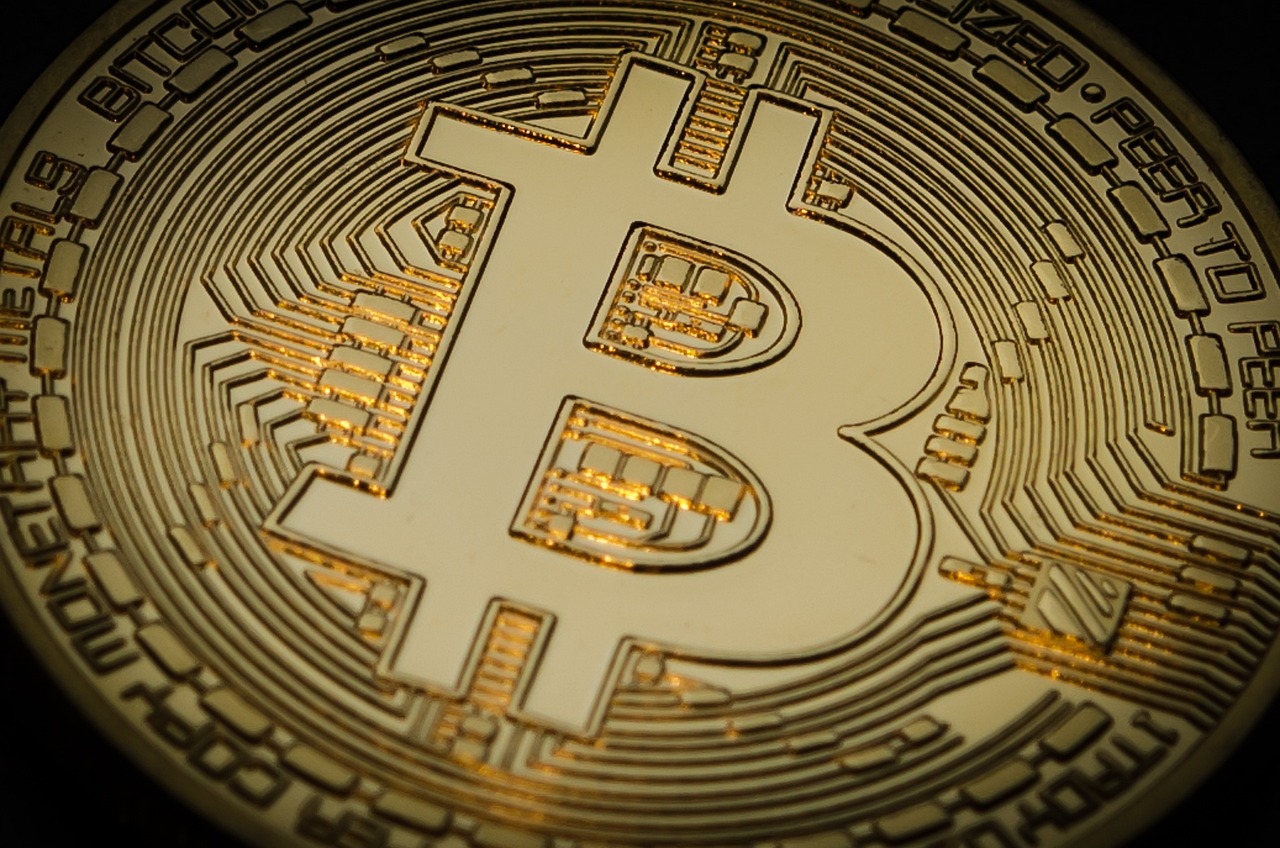Bitcoin’s Future Divides Traders and Investors as Optimism Grows
12.01.2025 17:00 1 min. read Kosta Gushterov
Bitcoin's recent price movement has exposed a sharp divide between cautious traders predicting further declines and optimistic long-term investors confident in Bitcoin’s potential.
David Siemer, CEO of Wave Digital Assets, notes that this divide is unprecedented. While traders remain nervous and hedge their bets, long-term holders and industry leaders are bullish. Siemer predicts Bitcoin could reach $200,000 within a year and believes it might hit $1 million in the future, citing growing global developments in favor of cryptocurrency.
Several countries, including the U.S., Japan, and Singapore, are planning pro-crypto policies aimed at benefiting their economies. These measures, combined with the success of U.S. Bitcoin ETFs, are prompting financial institutions worldwide to explore new crypto investment products. Siemer believes regulatory environments, particularly in Europe, may become more accommodating, further accelerating adoption.
Strategic Bitcoin reserves are also a possibility. Siemer revealed that discussions are underway with multiple U.S. states about holding Bitcoin, while the federal government, already in possession of $19 billion worth of Bitcoin, could simply retain its holdings as a strategic asset.
Despite short-term volatility, analysts remain optimistic. Firms like Grayscale attribute Bitcoin’s current dip to macroeconomic pressures, including a strong U.S. dollar and Federal Reserve policies. However, with a pro-crypto environment on the horizon, long-term prospects for Bitcoin remain robust.
-
1
Bitcoin at Risk of Deeper Pullback as Momentum Stalls, Analyst Says
07.06.2025 12:00 1 min. read -
2
Are We Witnessing the Final Bitcoin Cycle as We Know It?
07.06.2025 16:00 2 min. read -
3
UK Gold Miner Ditches the Precious Metal for Bitcoin, Shares Jump 40%
06.06.2025 14:00 1 min. read -
4
Over 7 Million Bitcoins May Be Lost Forever, Study Finds
07.06.2025 10:00 1 min. read -
5
Here’s Why Bitcoin Could Be Gearing Up for Its Next Move Despite the Pullback
09.06.2025 8:00 2 min. read
Bitcoin Hashrate Declines 3.5%, But Miners Hold Firm Amid Market Weakness
Bitcoin’s network hashrate has fallen 3.5% since mid-June, marking the sharpest decline in computing power since July 2024.
Bitcoin Surpasses Alphabet (Google) to Become 6th Most Valuable Asset Globally
Bitcoin has officially overtaken Alphabet (Google’s parent company) in global asset rankings, becoming the sixth most valuable asset in the world, according to the latest real-time market data.
Is Bitcoin a Missed Opportunity? This Billionaire Begins to Wonder
Philippe Laffont, the billionaire behind Coatue Management, is beginning to question his stance on Bitcoin.
Robert Kiyosaki Says Crypto Is Key to Building Wealth in a Failing System
Personal finance author Robert Kiyosaki is urging investors to rethink their approach to money as digital assets reshape the economic landscape.
-
1
Bitcoin at Risk of Deeper Pullback as Momentum Stalls, Analyst Says
07.06.2025 12:00 1 min. read -
2
Are We Witnessing the Final Bitcoin Cycle as We Know It?
07.06.2025 16:00 2 min. read -
3
UK Gold Miner Ditches the Precious Metal for Bitcoin, Shares Jump 40%
06.06.2025 14:00 1 min. read -
4
Over 7 Million Bitcoins May Be Lost Forever, Study Finds
07.06.2025 10:00 1 min. read -
5
Here’s Why Bitcoin Could Be Gearing Up for Its Next Move Despite the Pullback
09.06.2025 8:00 2 min. read


